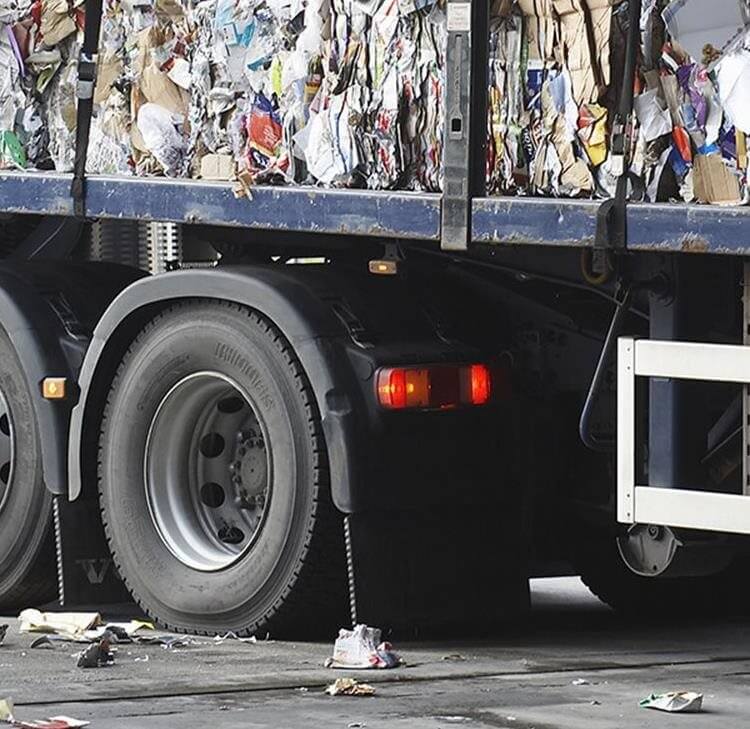Unfavourable treatment
The Employment Appeal Tribunal’s recent decision in the case of Mr Michael Cowie & Others v Scottish Fire and Rescue Service provides a useful insight into favourable - or unfavourable - treatment in the context of discrimination claims.
The Employment Appeal Tribunal’s recent decision in the case of Mr Michael Cowie & Others v Scottish Fire and Rescue Service provides a useful insight into favourable - or unfavourable - treatment in the context of discrimination claims.
The Covid-19 pandemic resulted in many thousands of employees being unable to work due to health reasons, many of whom were required to shield due to their medical conditions. Employees of the Scottish Fire and Rescue Service who were required to stay at home but who could not work from home were offered the option of taking a special form of (paid) leave. However, a condition of this special leave was that these employees were obliged to use up any accrued time off in lieu or annual leave, prior to taking the special leave.
Employment tribunal claims were lodged by multiple employees, in which the claimants brought discrimination claims against the Scottish Fire and Rescue Service. The claimants alleged that the requirements imposed 1) amounted to unfavourable treatment for the purposes of section 15 Equality Act 2010 (EqA), and 2) gave rise to a particular disadvantage for women under section 19 EqA (indirect discrimination).
Although the employment tribunal dismissed the claimants’ indirect discrimination claims, it found that there was unfavourable treatment arising in consequence of disability. The employment tribunal could not however establish any loss and therefore any basis for an award for injury to feelings.
The case was appealed to the Employment Appeals Tribunal, which disagreed with the first instance determination that there was unfavourable treatment. It held that the ability to take special leave was favourable treatment and it was not appropriate to separate out the conditions that were imposed from the benefits provided. Those conditions did not detract from the overall favourable nature of the special leave policy; it was not less favourable simply because it would have been even more favourable had the conditions not been applied, and nor was it less favourable simply because some beneficiaries might not have had to give up TOIL/leave (for example, those who had already taken their leave or claimed money instead of TOIL) to get the benefit.
The correct application of s15 EqA was to identify the special leave as the treatment complained about which, although could have been more generous, was clearly advantageous to the employees, even with their medical conditions.
Contact

Mark Hickson
Head of Business Development
onlineteaminbox@brownejacobson.com
+44 (0)370 270 6000








































